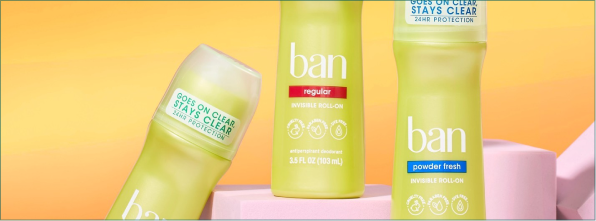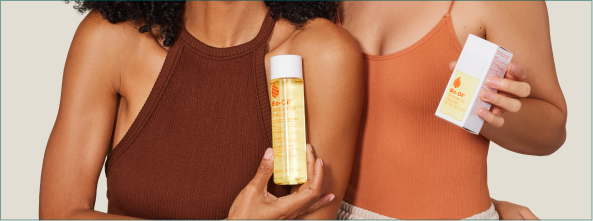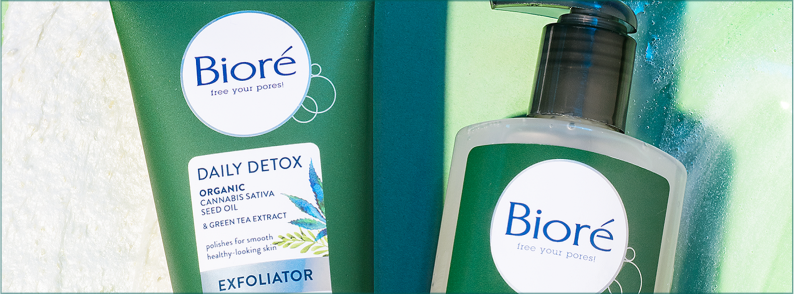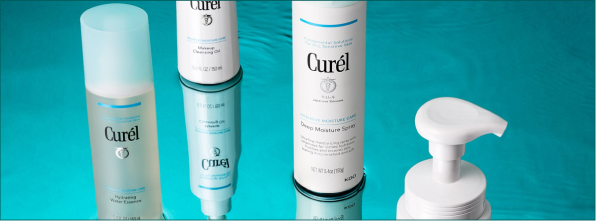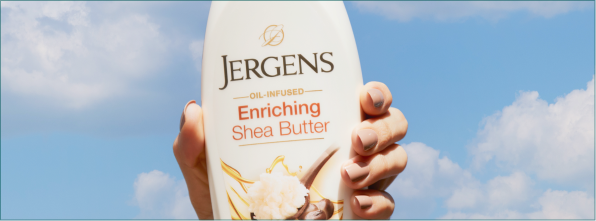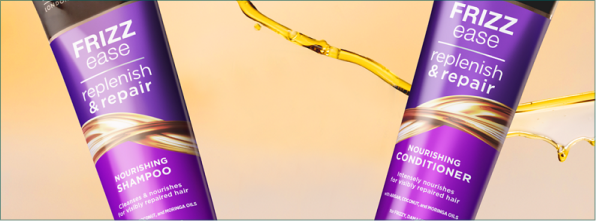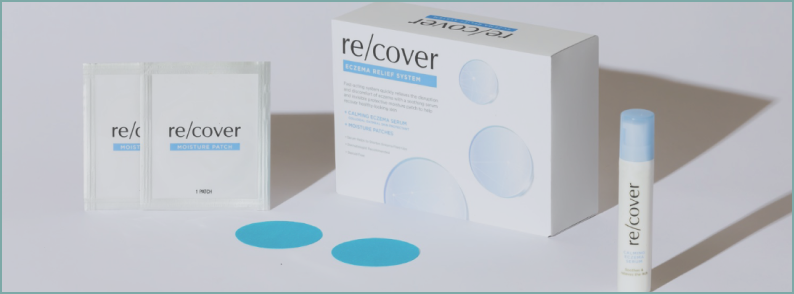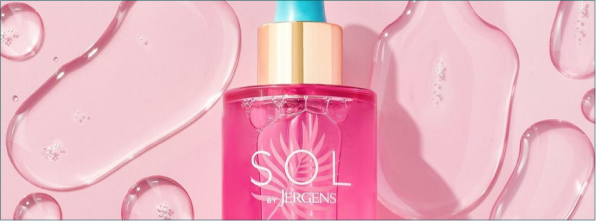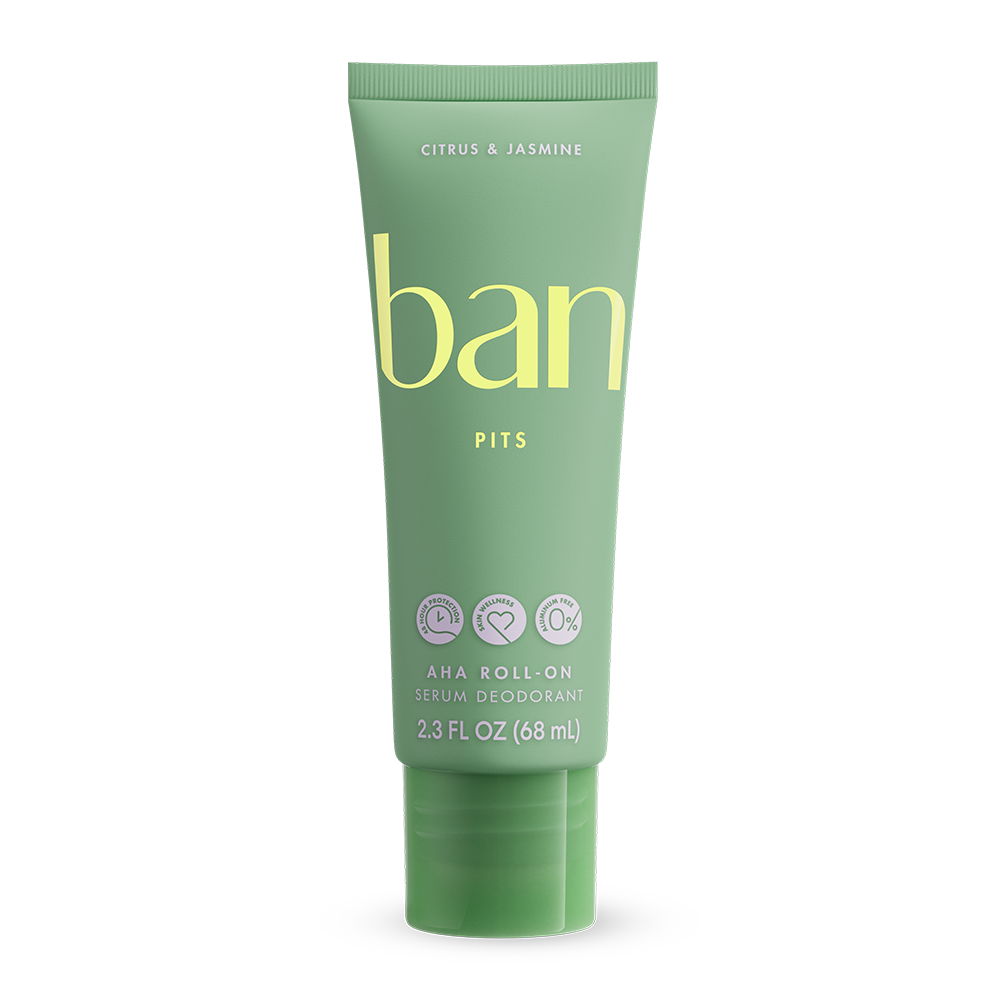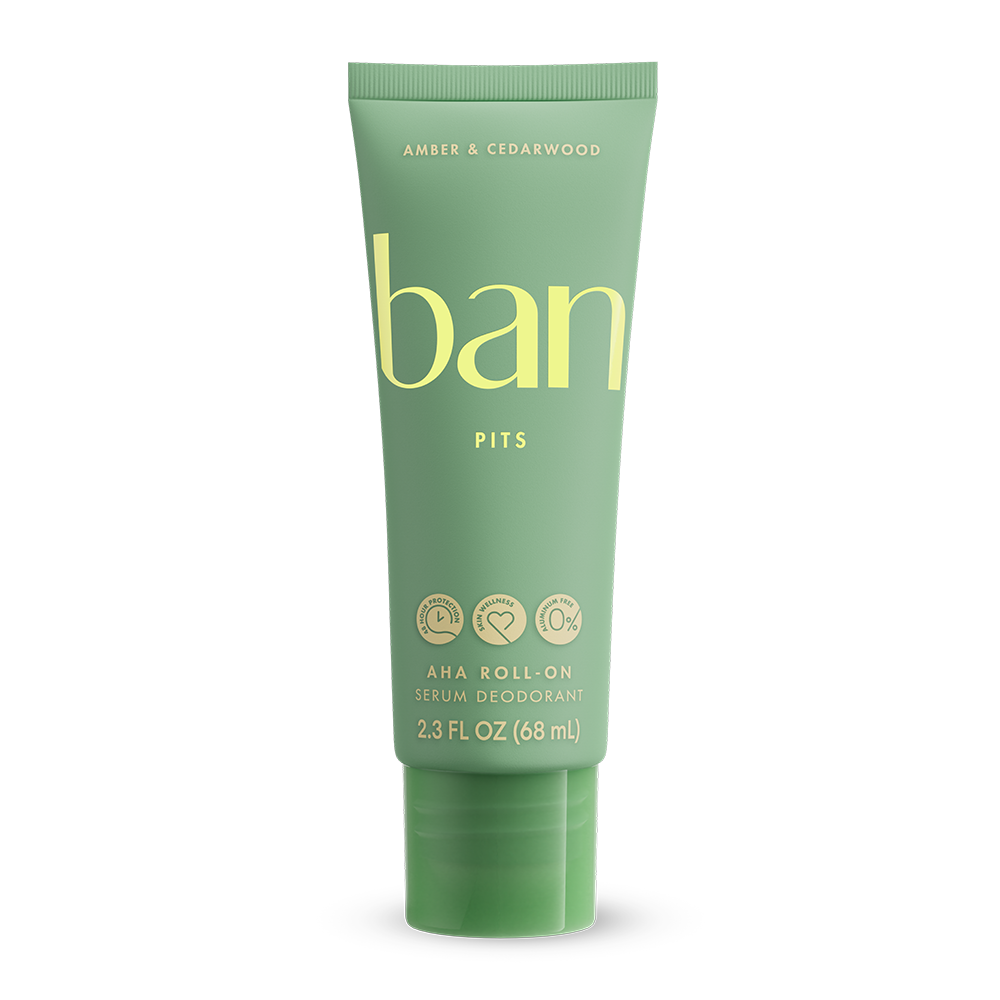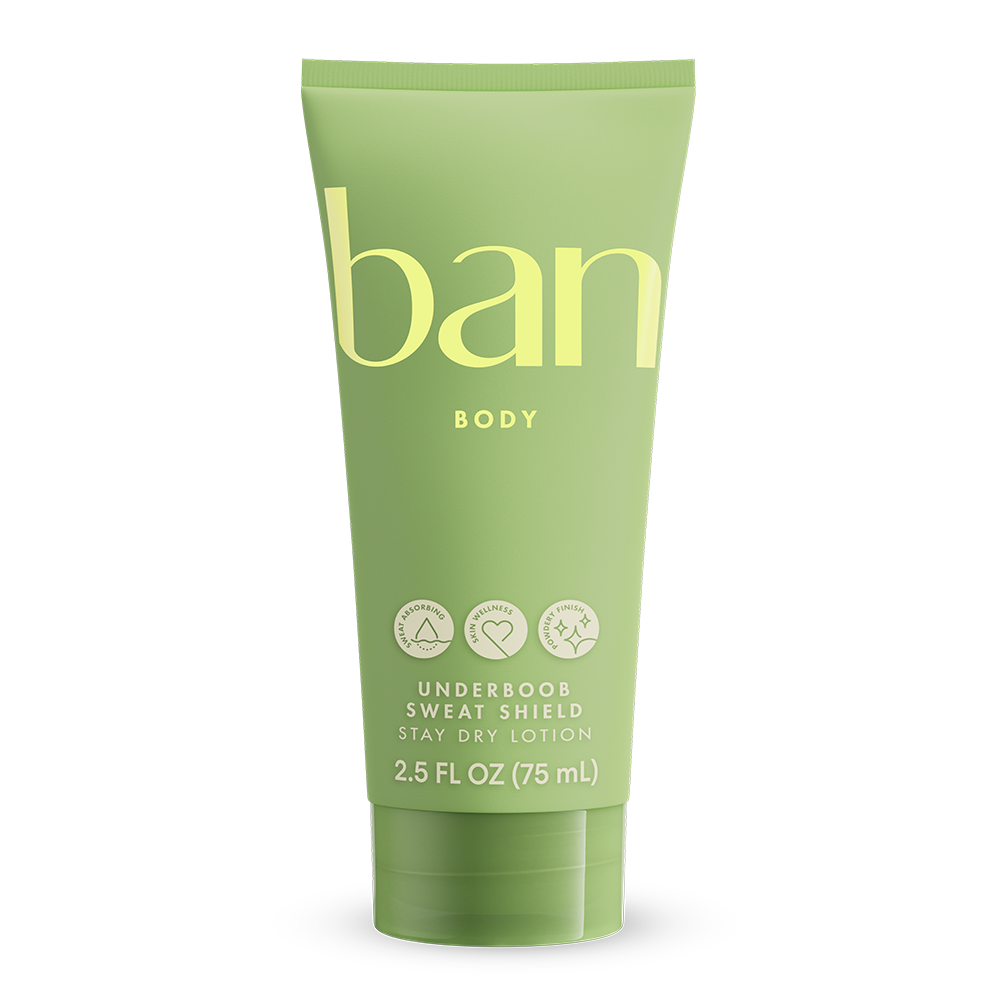Why Do We Sweat? The Science Behind Sweating

Why Do We Sweat? The Science Behind Sweating
Sweating is your body's natural way of keeping you cool.
Why Do We Sweat?
Sweat is your body’s way of cooling itself down. When your body starts to overheat, you sweat as a way to control your internal temperature. The reasons why you sweat primarily depend on your activity level, daily habits (like diet and clothing choices), and genetics.
Sweat is produced by glands in the outer layers of your skin. These sweat glands appear all over your body, but are more numerous in places like your forehead, underarms, and palms. Sweat is composed mostly of water, but also contains sodium, chloride, potassium, calcium, and magnesium along with biological byproducts like lactic acid and urea. If sweat is causing you grief, you can manage sweat with antiperspirant as well as making adjustments to your diet, activity level, and clothing choices.
Shop Fresh Smelling Deodorant
Top Causes Of Sweating
Overheating Due to Hot Weather or Working Out.
Sweat is designed to control your body temperature and cool you down when you get too hot. One of the most common reasons people sweat is due to exercise. One interesting fact to note—muscle mass creates more heat than fat. This means that if you’re in shape or have more muscle, you may sweat more than less fit individuals.If You’re Sick With a Cold or the Flu, You May Sweat More.
A common symptom of colds and flus is excess sweating. When you get sick, you may develop a fever as your body tries to fight off infection. Fevers raise your internal body temperature and can lead to sweating.Changes in Hormones Can Impact Sweat Levels.
Certain hormone fluctuations, such as during pregnancy or menopause, can result in an increase in internal temperature.Nervous Sweating From Stress and Anxiety.
Stress, anxiety, and embarrassment are bound to happen to everyone once in a while! Stress sweat, also known as flop sweat, tends to cause sweaty palms and feet.Wearing Tight Clothing.
Constricting clothes, especially clothing that is snug beneath your arms, can lead to underarm stains. Instead, try to wear breathable and loose fitting fabrics to allow your body to stay cool and prevent excessive sweating.Spicy Foods Can Make Your Body Feel Warmer.
Did you know that nutrition can play a key role in how much you sweat and also how your sweat smells? For example, certain spicy peppers contain a chemical called capsaicin. This chemical is what makes spicy peppers spicy. When you eat certain kinds of peppers, capsaicin triggers nerves that increase your body temperature. As a reaction, your body may sweat to cool yourself down.Coffee and Other Forms of Caffeine.
Caffeine activates your central nervous system (CNS), which is why it does a fantastic job of waking up. But, activating your CNS can also turn on your sweat glands and cause you to sweat. If you notice that you’re sweating after your morning cup of coffee or tea, you may want to cut back on caffeine to help prevent sweat.Drinking Alcohol.
Consuming alcohol, especially excessively, can increase your heart rate and widen the blood vessels in your skin. In turn, this can cause you to sweat.Smoking.
When you smoke cigarettes, nicotine sends a signal to your brain to release the chemical, acetylcholine. This chemical turns on your sweat glands and can also raise your heart rate, blood pressure, and internal body temperature.Night Sweats Due to Overheating or an Underlying Condition.
When you’re sleeping, you tend to have a lower heart rate and lower temperature compared to when you’re active during the day. If you’re waking up in the morning covered in sweat, you may need to lower your room temperature or switch to lightweight bed sheets. If you’re sweating with no obvious cause, you may be suffering from night sweats or hyperhidrosis. Talk to your doctor for help on how to determine why you’re sweating while you sleep.Tips For Preventing Sweat
- Use antiperspirants to prevent sweat and avoid sweat stains on your clothes. Antiperspirant prevents sweat before it starts! Apply antiperspirant to clean, dry underarms to control sweat and keep you feeling dry.
- Shave your underarms to reduce sweat and odor. Hair holds onto moisture and body odor, so your underarm hair might be causing you to sweat. If you’re okay with shaving your underarm hair, doing so can help improve sweat and odor.
- Wear breathable, comfortable clothing. Wearing thick, heavy clothing can cause your body to overheat and lead to sweat. Switch to lightweight and breathable clothing, especially in hot and humid weather.
- Avoid sweat-inducing foods. Spicy food, caffeine, and high sodium diets can all lead to increased sweat. If you think certain foods are causing excessive sweating, try cutting them out of your diet to see if you see any improvement.
- Drink water to maintain proper hydration. Keep your body cool and hydrated by drinking water and eating foods with a high water content, like celery and watermelon. Staying hydrated can help regulate your body temperature and keep you from overheating.
Key Takeaways
- Sweating is totally normal and your body’s way of cooling itself down.
- You can reduce sweat and body odor with antiperspirants and deodorants that contain antiperspirant.
- You may need to make lifestyle adjustments to control and reduce sweating.
- Sweating either too much or too little can indicate a medical problem. Talk to your doctor if you’re concerned about how much you sweat.
